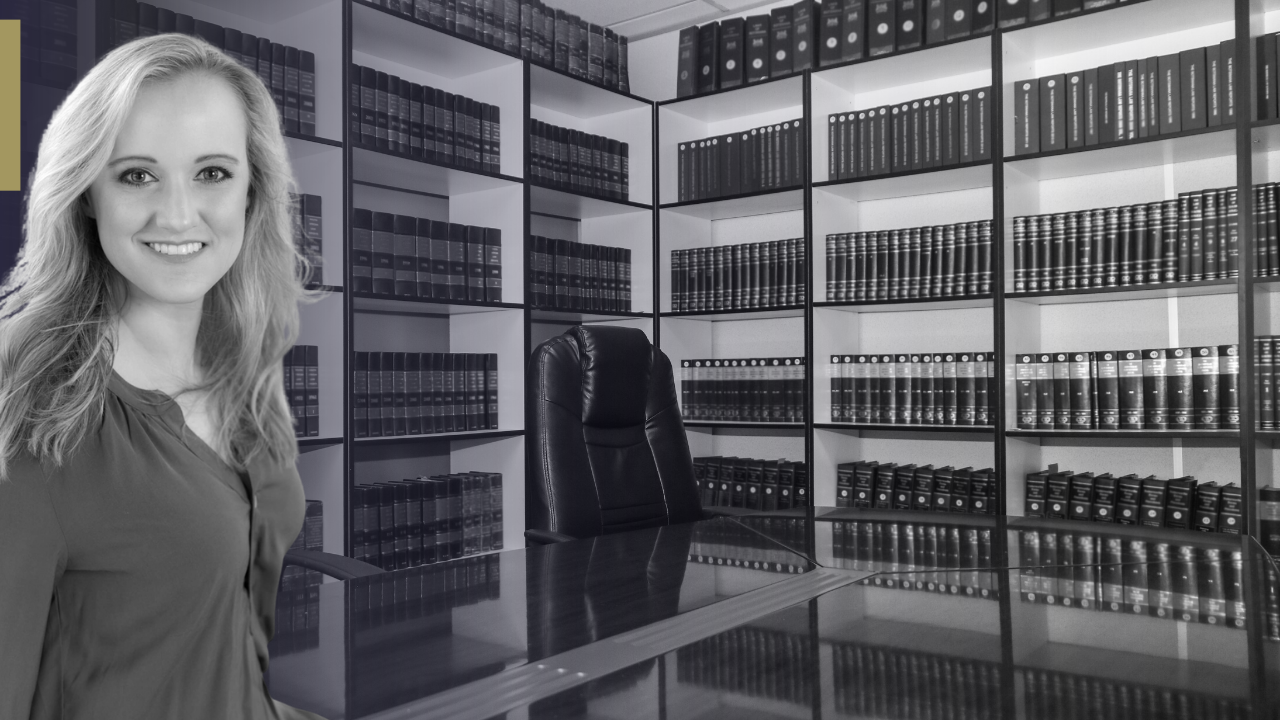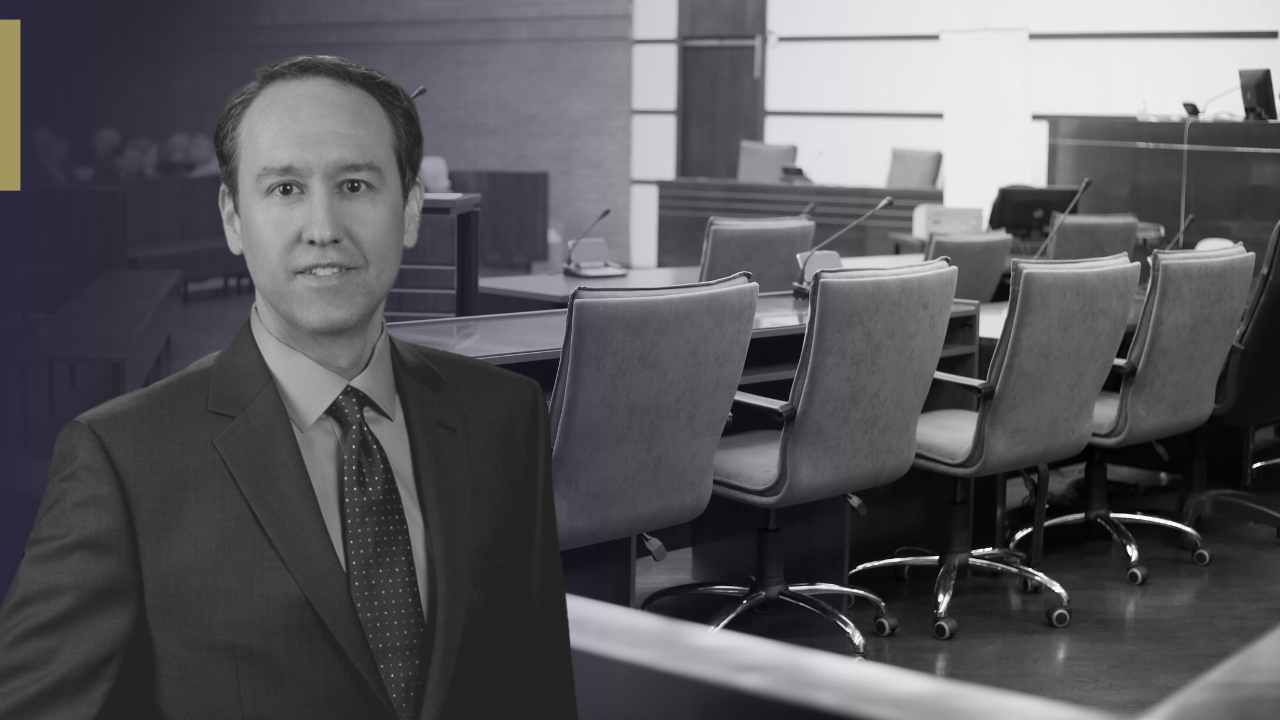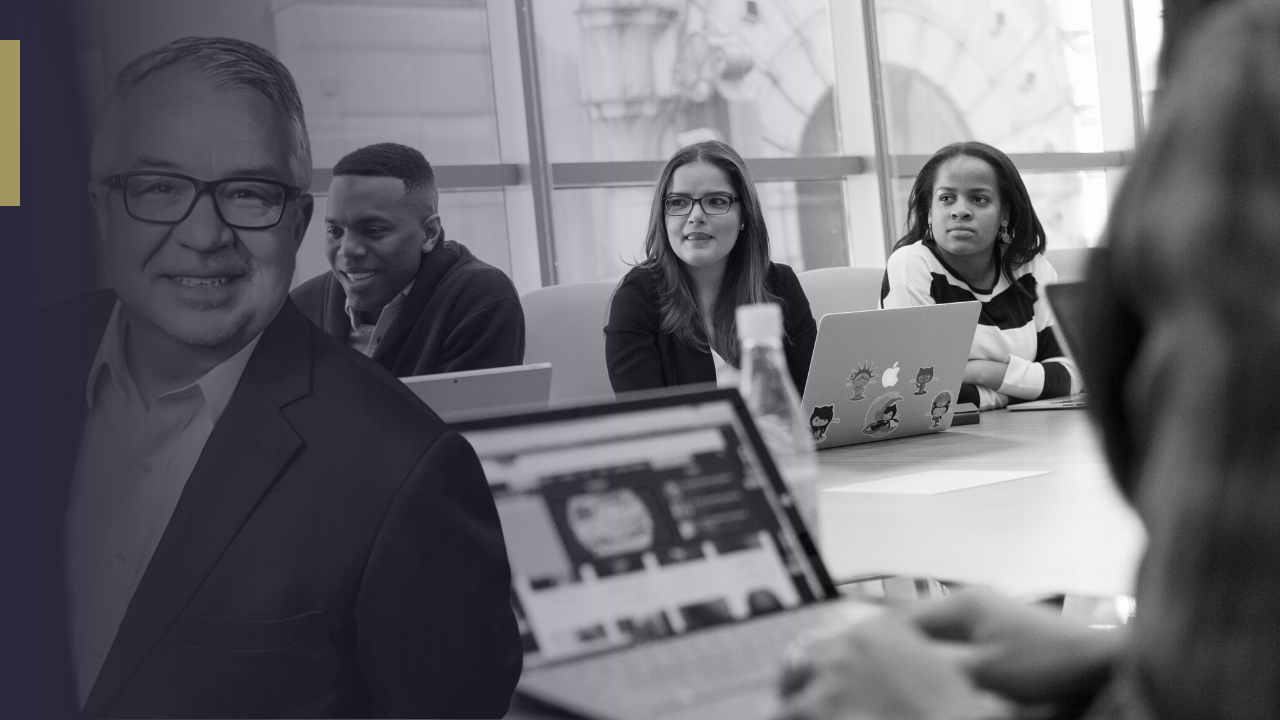The Court of Appeals, with a panel made up of Judges Dillard, Ellington, and Phipps, has reversed an order granting a motion to suppress from the State Court of Fayette County.
I write about this case because it further develops the law in the area of Miranda and field sobriety testing and because it illustrates how the standard of review on appeal can change when a significant part of the proof is on videotape.
In State v. Mosely, the Court of Appeals reviewed the field sobriety tests in a DUI case. The facts are fairly straightforward. Police responded to a call from a convenience store clerk who witnessed a dispute in the parking lot between a man and a woman. Police arrived to find a man and woman standing beside Mr. Mosley’s car, which appeared to have been involved in an accident.
At which point, the office became suspicious of DUI because the man had trouble walking and smelled of alcohol. A second deputy appeared who asked the man if he would take field sobriety tests. After some discussion, the officer said:
Listen, listen, listen to me – step back and lean on the bumper. Would you mind voluntarily doing field sobriety tests? … I’m saying I’m going to conduct some field-sobriety test, test your impairment to see if you are safe enough to drive and/or walk away.
It was all downhill from there. Mr. Mosely took the tests and was arrested for DUI.
The trial court (Judge Carla McMillan, who is now on the Court of Appeals) held that the request for field sobriety was custodial and that the officer should have Mirandized Mr. Mosely before proceeding.
The Court of Appeals reversed noting several things:
- since the evidence was undisputed and was largely captured on videotape, the standard of review should be de novo;
- since the officer told Mr. Mosley that the test was voluntarily, it was not compelled;
- since the defendant was told that the detention would be temporary, it did not rise to the level of custody (what about the part where the officer said that he was going to conduct the tests and that the purpose was to see if he could walk or drive away. Sound pretty open-ended, no?)
There are a couple of important takeaways from this case.
- If you can proceed to the appellate courts on undisputed facts or with videotaped evidence, you have a shot at winning with a less deferential standard of review;
- Statements about what an officer is “going to” do does not imply a command. A statement that participation in field sobriety testing is necessary to see if a person is safe enough to leave is not necessarily a statement that the person is not free to leave or that successful completion of field sobriety testing is pre-requisite to leaving the scene.
This case also leaves a question. To what extent is a holding by an appellate panel or the Supreme Court to be viewed as precedent where the Court has reviewed a case de novo? Is the appellate court making a ruling of law, or it acting as a second trial court reviewing a unique set of facts under existing law?
If I’m at a suppression hearing and this case comes up, I’m going to say it’s the latter.


